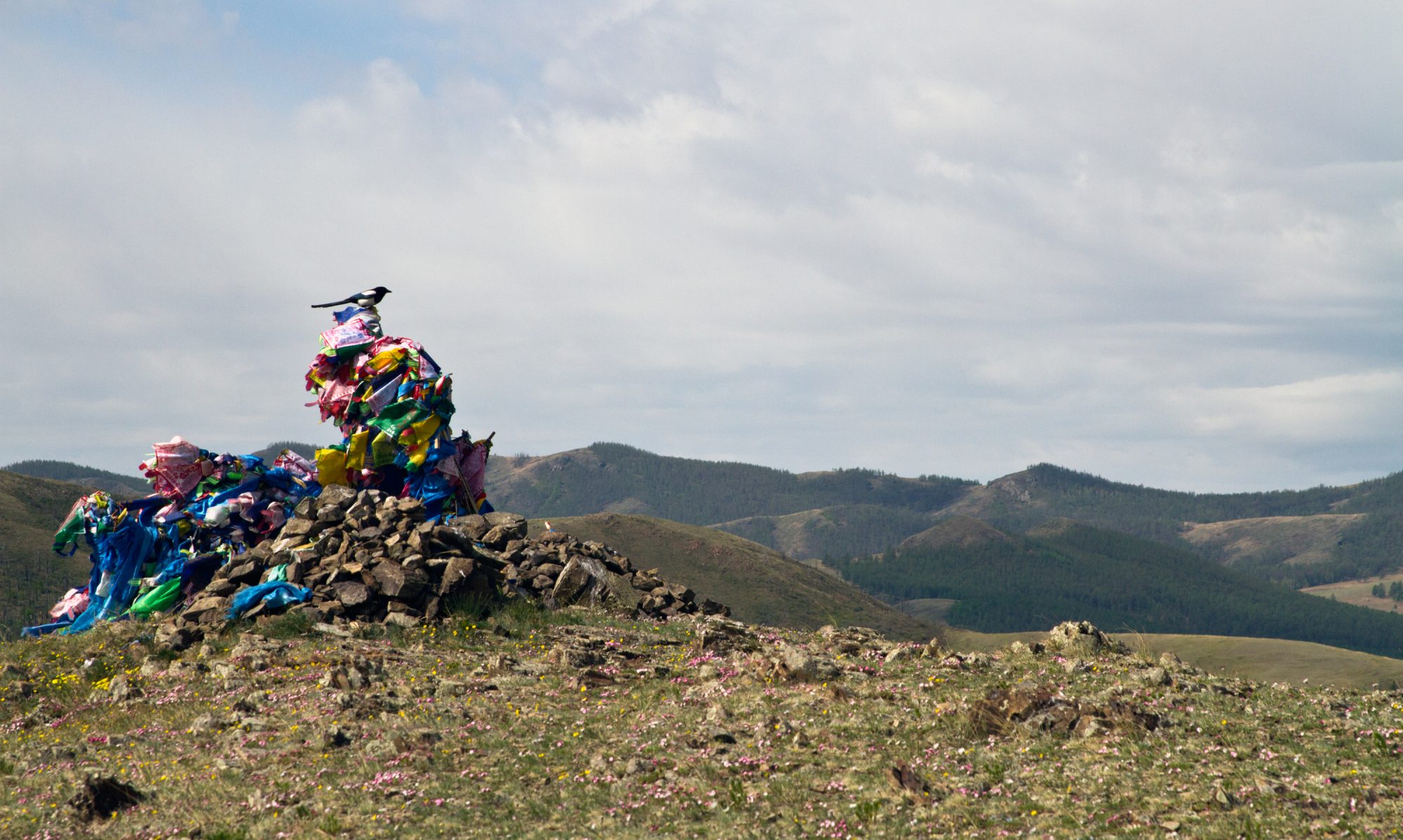Well, that’s frustrating. I was going to write a post about the Kalevala poetic meter and illustrate its rules with samples of traditional songs performed by the Finnish folk group Värttinä, but I’ve just spent a couple hours looking, and I can’t seem to find a single stanza of theirs that doesn’t violate at least one of its rules. It must be said that the rules of the meter are really complicated, and in general, Värttinä’s songs do appear similar – accentual trochaic tetrameter, longer words tending towards the end of the line, no splitting four-syllable words across the caesura, end the line with a short vowel – until you look in detail. If you enjoy poetic meters, you can read about it here.
But that’s the truth about inspection and consideration. You go in with an idea of what you’ll find, it looks like what it looks like from a distance, and sometimes your idea is changed, and sometimes you have to drop your idea entirely; it looks different from close up. I thought of even writing a post illustrating the rules of the meter by Värttinä’s songs’ departures from it. But that seems inappropriate or even ungrateful, and happily, there are other things to talk about. I was thinking last night about a novelist, I haven’t read too many of her books, and haven’t re-read any of the ones I have read, but she’s made a distinct impression on me, and there is a certain fundamental pattern that persists unchanged from book to book. I said: she is like a Dostoevsky or a Shakespeare crossed with a choreographer.
I think what I meant was: her characters, like theirs, are stuffed too full, there seems to be almost too much of them to fit in themselves, and they almost seem to burst the sides of the story, like an over stuffed doll whose head bursts and breaks the plane of the diorama. Shakespeare or Dostoevsky’s characters are unruly, and narrow, a collection of forces governed by a single idea or passion which contradicts the rest. They elbow one another aside and get more attention for themselves, at the expense of other characters who tend to remain somewhat peripheral or off in a shadowed corner.
Whereas her characters seem to move on and off stage in an orderly, almost mechanical way, and give space and breathing room just when it is needed to allow another character to fully emerge and absorb the reader’s attention. And her plots, the sequence of her scandal scenes comes to seem stereotyped, mathematical and brittle, when you look at their pattern, they build and build and release, then reform and build and build, unlike Dostoevsky’s who seems desperate for energy and can only get it by throwing his greedy, egoistical characters together and riding on the discharged energy that bursts out of them, they are plots by brute force.
In the next day’s light, I’m not sure that this is accurate; so I’m leaving out the author’s name. But the impression is very different from a distance than close up. In the case of this author, the impression close up is not of arbitrary, forced conflicts or rigid plots, but viewed from a distance, the rhythm of tension and scandal, the alternation of focus, the repeated or recreated pattern over different books, gives a totally different impression. It’s something like the movements of a dance which seem to be, taken one after another, controlled expressions of passion, but on reconsideration in context are rehearsed and orchestrated to match a predetermined score and the motions of dozens of other dancers in a wide spectacle.
